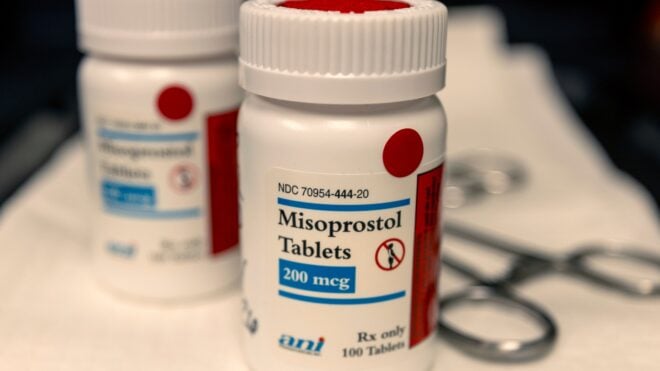
As more information about the possible side effects of Ozempic comes to light, some people are claiming that Ozempic personality changes can occur. The purported “Ozempic personality” is associated with decreased mood, increased anxiety, and even depression.
However, the most available data suggests there is no link between Ozempic and increased mental health symptoms. Ozempic is the brand name for the drug semaglutide.
The medication was originally developed to treat diabetes, but it gained popularity because one of its side effects is significant weight loss.
Here’s more information about the theories behind Ozempic personality changes and what experts think about the medication.
Dr. Kent Berridge, a professor of psychology and neuroscience at the University of Michigan, explained that both addictive substances and food activate the same dopamine signals and reward-learning regions in the brain. “Cravings for addictive drugs are also amplified by hunger,” he noted.
Ozempic has an impact on dopamine levels, which could potentially impact things like feelings of reward, pleasure, motivation, and movement.
“When researchers are trying to get animals to learn to self-administer cocaine, they often will keep them hungry for a little while, as this helps them learn,” he continued. “Hunger is specifically for food, but it’s more general than that; it activates craving for a lot of things. If you’re hungry, the motivational value of things, even those that are not food, seems to increase.”
Berridge believes that the satiety effect of the drug could possibly be reducing not only the craving for food, but for other things as well. Some Ozempic users found that they don’t lose their appetites but eat less while taking the drug.
“That would be a possibility — taking the [edge off certain cravings], and those are the ones that are problematic if you’re trying to lose weight or if a person is trying to stop taking drugs,” Berridge said.
The US Food and Drug Administration’s adverse event reporting system received 606 reports of psychiatric disorders connected to Ozempic, along with 514 reports connected to other GLP-1 drugs, like Saxenda and Wegovy, in 2023.
Ozempic is FDA approved for weight loss, and it doesn’t come with a warning of suicidal thoughts as a side effect, while Saxenda and Wegovy do.
“People put so much emotion and hope into weight loss, and are sold this fantasy that if they just lose weight everything’s gonna be OK and all the good things that they want in life will come when they lose weight,” Dr. Alexis Conason, a licensed psychologist in New York City, said in an interview.
“It’s not necessarily surprising when you see there may be an increase in suicidal ideation and other things like that,” Brooke Boyarsky Pratt, CEO and cofounder of Knownwell, said, adding, “because you’ve taken away a really important coping mechanism for many people.”
Dr. Gregory Dodell of Central Park Endocrinology in New York explained that patients on medications that suppress their appetite may not be getting sufficient nutrients, which can lead to a disruption in their mental stability.
“So much of balancing our body is about what we eat and drink,” he said.
However, the European Medicines Agency recently concluded there was no evidence for a causal link between Ozempic and suicidal thoughts. The FDA also came to a similar conclusion in January 2024, stating: “Our preliminary evaluation has not found evidence that use of these medicines causes suicidal thoughts or actions.”




